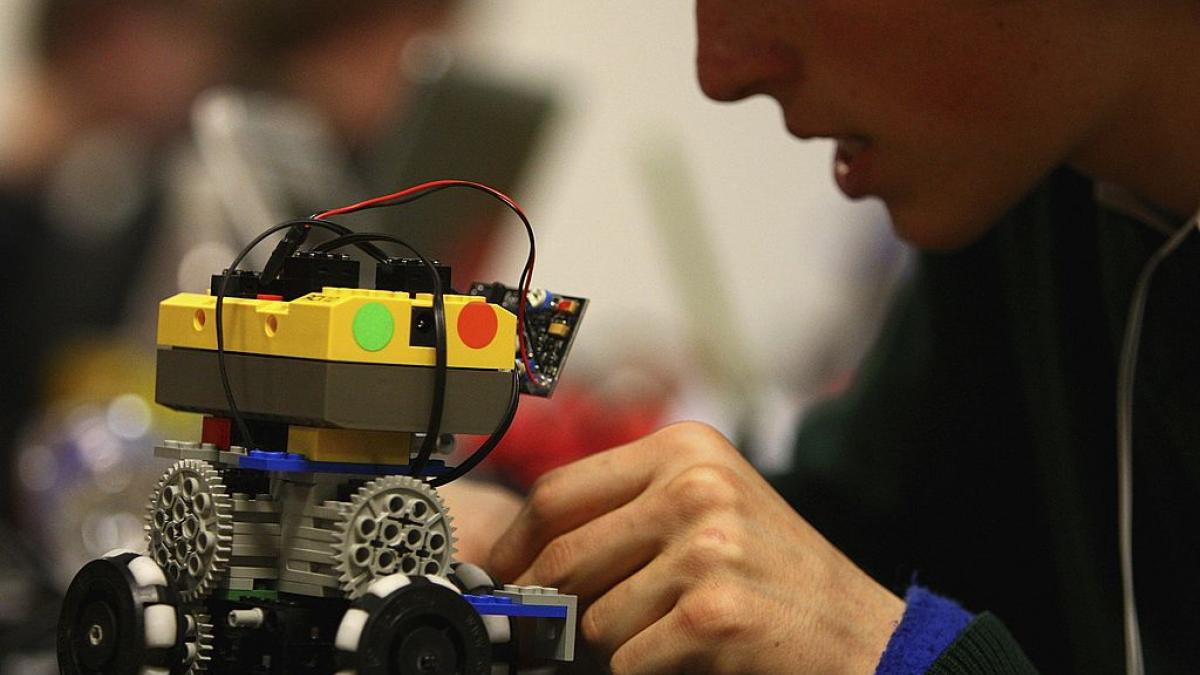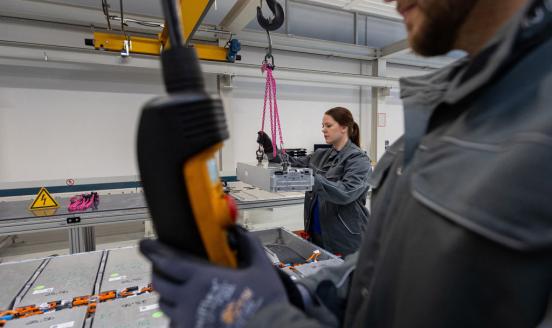

Reskilling and mobility: a round-up of project research
As the need for artificial intelligence and green jobs accelerates, there is extraordinary demand for reskilling within the European workforce

Skills anticipation for the green transition
How do we build a workforce that has the skills needed for the future and how do we ensure the process works for everybody?

Making industrial policy work: a case study on the European Battery Alliance Academy
Efforts to address skilled-labour shortages in the battery sector can provide lessons to other areas of EU industrial policy.

Promoting STEM skills: a brief assessment of French individual learning accounts
French ILA successfully promotes basic digital skills but falls short of fostering more advanced capabilities.

Skills or a degree? The rise of skills-based hiring for AI and green jobs
We explore whether employers have started focusing on individual skills rather than on formal qualifications in their recruiting.

Twin transition skills dashboard
This dashboard displays the evolution of skills demand in the EU member states.

The value of skill complementarity, especially in artificial intelligence
Understanding skill complementarity can help workers and employers keep up in the increasingly high-tech world of work

The role of civil society in skills development
How can civil society help close the skills gap?

Skills-based hiring: tackling the labour shortages
What is skills-based hiring and how can it improve labour or skill shortages?

Skills-shift: navigating the future of work
How can we equip people with the skills they need to adapt to a rapidly changing labour market?

Up and ahead: skills for a more resilient EU workforce
How can we equip people with the skills they need to adapt to a rapidly changing labour market?

Understanding barriers and resistance to training in the European Union
People with less education are also less able and willing to participate in training; understanding why is essential to prevent a widening skill gap.

Beyond the training gap: learning foundational skills on the job
Low-skilled workers tend to have jobs that are less likely to foster foundational skills. This worsens skills gaps and income inequality.

Using online data to glimpse into the future of work
Labour-market data from online sources can identify emerging occupations and skill demand, helping policymakers prepare better for future needs.

Is the workforce ready for the jobs of the future? Data-informed skills and training foresight
For many newly emerging jobs, labour-market mismatches prevail as workers and firms are unable to apply precise occupation taxonomies and training lag

Make AI boring again
How can AI education improve workers' experience?

Market power and artificial intelligence work on online labour markets
We investigate how labour demand and supply elasticities relate to an exogenous change in platform policy.

The skills of the future
What challenges and opportunities does technology bring to the labour market?
Future of Work and Inclusive Growth in Europe

Up and ahead: skills for a more resilient EU workforce
How can we equip people with the skills they need to adapt to a rapidly changing labour market?

Understanding barriers and resistance to training in the European Union
People with less education are also less able and willing to participate in training; understanding why is essential to prevent a widening skill gap.